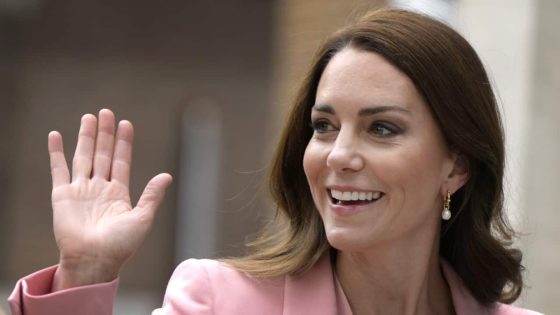ALAN GREGORY May 9, 1938-April 28, 2024
Dr Alan Gregory AM was born in Melbourne on his father’s birthday, May 9. Living in Malvern for most of his life, he attended Malvern Central School and then Melbourne High School where he was a prefect, conducted choirs, acted in plays, was school debating captain and edited the school newspaper. He then did commerce at the University of Melbourne, where he became secretary of the SRC and was also involved in the national student body, including being a member of an official student delegation to Indonesia (1956-57).
He was involved in the formation of the National Youth Council of Australia. This was a period with an awakening of interest in Asia, and he was a signatory of the influential book Control or Colour Bar? that successfully advocated a change from the White Australia Policy. He became secretary of the Australian Indonesian Association. Active in local affairs, he campaigned for a library for Malvern, was secretary of the Malvern Centenary Arts Festival, and was involved in St George’s Anglican Church Malvern as a chorister, organist (for 46 years), and represented the parish on the diocesan synod and served on the councils of St Michaels, Melbourne Grammar and Melbourne Girls Grammar schools.
He gained a Rotary Foundation fellowship, which he took at the University of Bombay, India (1960-61) where he studied economics and spoke widely on Australia. He taught in Victorian high schools, (Ballarat East, where he co-founded the Ballarat East Athletics Club (now Eureka Athletics), Brighton and Elwood High schools, becoming a notable teacher of economics and geography.
He also began a long and active role with the Victorian Commercial Teachers Association, mainly through improving the curriculum, materials and teaching of economics. He was also involved in the formation of the National Youth Council of Australia, and in 1962 represented Australia at the World Assembly of Youth in Denmark. He was invited to join the newly established Education Faculty at Monash University, where he was to stay for 25 years, working in economic education, curriculum theory and research on young people with disabilities.
He served terms as sub-dean, head of department, and on university committees, and founded a staff choir that continues to this day. He was known as an outstanding teacher, and he published widely, mainly in economic education, economics books for schools, and Australian history. While at Monash, he became chairman of the Sir Robert Menzies Lecture Trust (1978) in which he was influential in shaping Liberal policy, and he remained chairman for 32 years. It became a well-regarded annual lecture, given by such people as Margaret Thatcher, Chris Patten as well as Australian political figures. He edited a book of the first 20 lectures with commentary.
Alan Gregory
He also became chairman of the Gorman Foundation, a charitable trust funding projects in raising social awareness of people with disabilities, and which prided itself on having no administrative expenses. From 1955, he had been involved in the youth organisation Lord Somers Camp and Power House, to which he became an active member, and in 1993 wrote the history of the organisation, It’s Only the Game that Counts.
In 1990, he was appointed master of Ormond College at the University of Melbourne, a post well suited to his diverse interests, and outward-going personality. His career there was cut short by allegations of sexual harassment, which attracted wide publicity, and while subsequently cleared by an inquiry and court cases, his position became untenable, and he resigned in 1993.
Forced to find a new career in his 50s, he began writing commissioned histories for industry and then wrote the sesqui-centenary history of the Royal Melbourne Hospital, The Ever Open Door. He was appointed in 1999 to the Pathology Service Accreditation Board, which he chaired until its demise in 2006, and also was a member of the Migration Review Tribunal (1999-2010) to which was later added the Refugee Review Tribunal. He gained a reputation for his humanity and his efficiency on these tribunals.
Source Agencies

